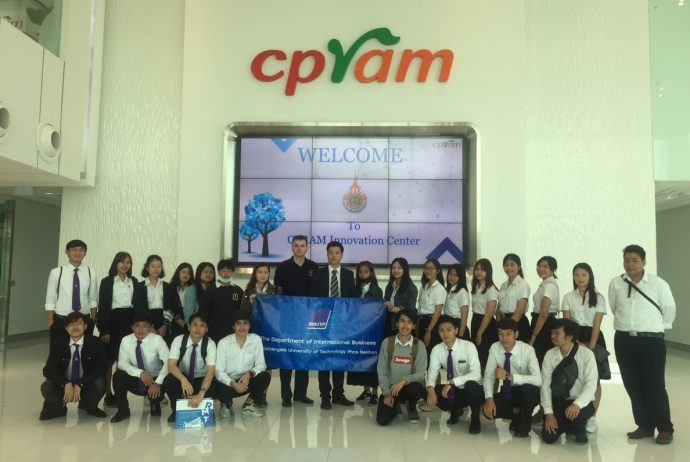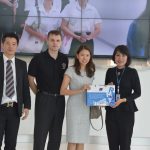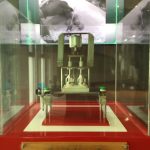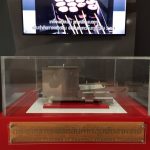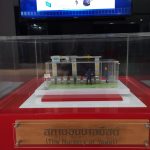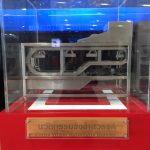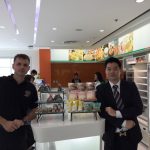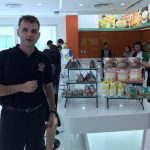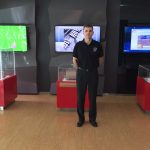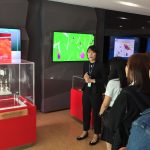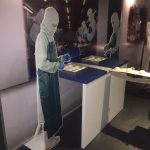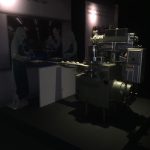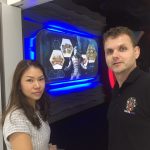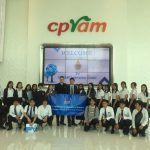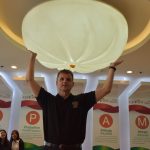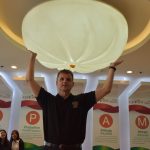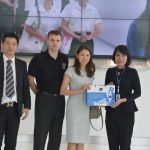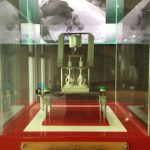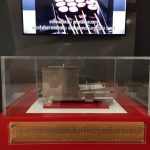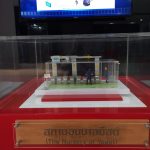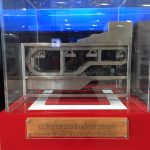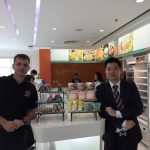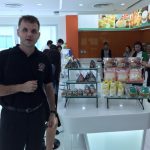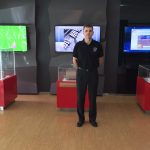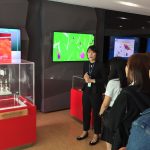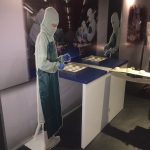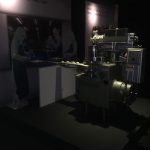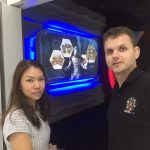On Thursday 9 January 2019, the International Business (IB) students currently enrolled in the “Internet and Innovation” visited the “CPRAM Innovation Center” — the largest producer and distributor of ready-to-eat food in Thailand. As a subsidiary of CP Group, CPRAM’s product categories include: frozen-ready meals (49 percent of total); buns (34 percent); Suimai (14 percent) and rice ball & sushi (3 percent).
CPRAM is considered to be the first company in the ready-to-eat food market that applied a warehouse automation system. Including Chonburi, the company has five active factory locations. CPRAM plans to expand three of those facilities and add two more locations to meet its goal of increasing sales by as much as 15 percent per year by 2023. Its main products are ready to eat foods and baked goods that are distributed through 7-Eleven convenience stores, supermarkets, and restaurants.
During their visit, the IB staffs and students had a chance to travel along the production line with 4 trendy learning zones: Food Manufacturer, Technology & Innovation, Quality and Energy Saving. The field trip was organized by Dr.Rattanavalee as part of an assignment connected to three modules of the semester, focusing on supply chain management, marketing and innovation.
The IB students enjoyed the visit to “CPRAM” factory and were glad to be able to get to know a business that has been able to grow and expand throughout almost two centuries, innovating its products and marketing strategies. Most importantly, they found it extremely helpful for its direct connection with their studies, which will make their assignment easier.
Studying at the Department of International Business means that students receive full academic support, including a vast range of services. Visits and meetings with international companies and entrepreneurs are part of the teaching methods offered by the IB department, designed to help students gaining a practical understanding of how the concepts they learn in the classroom apply to real businesses.

